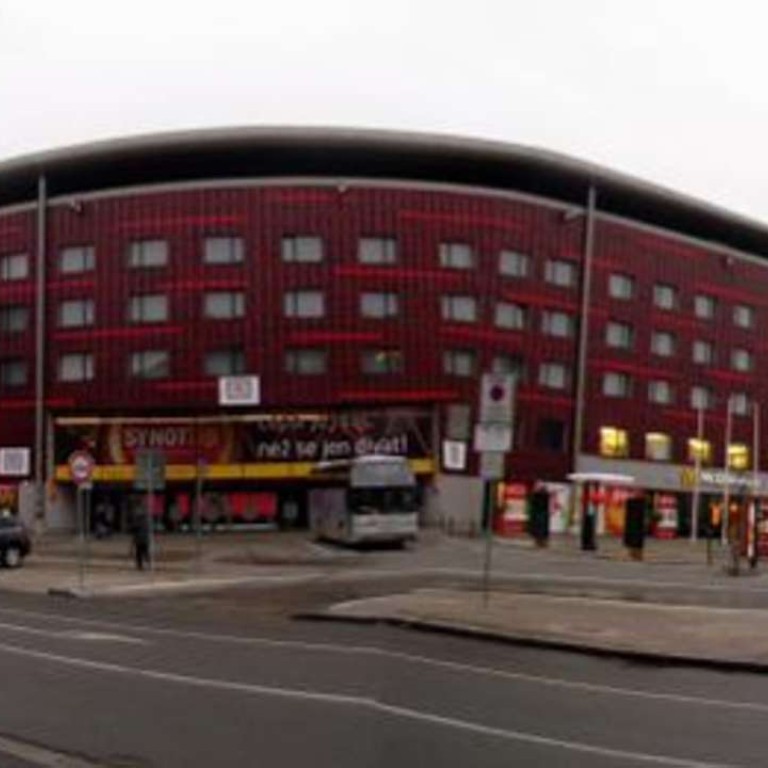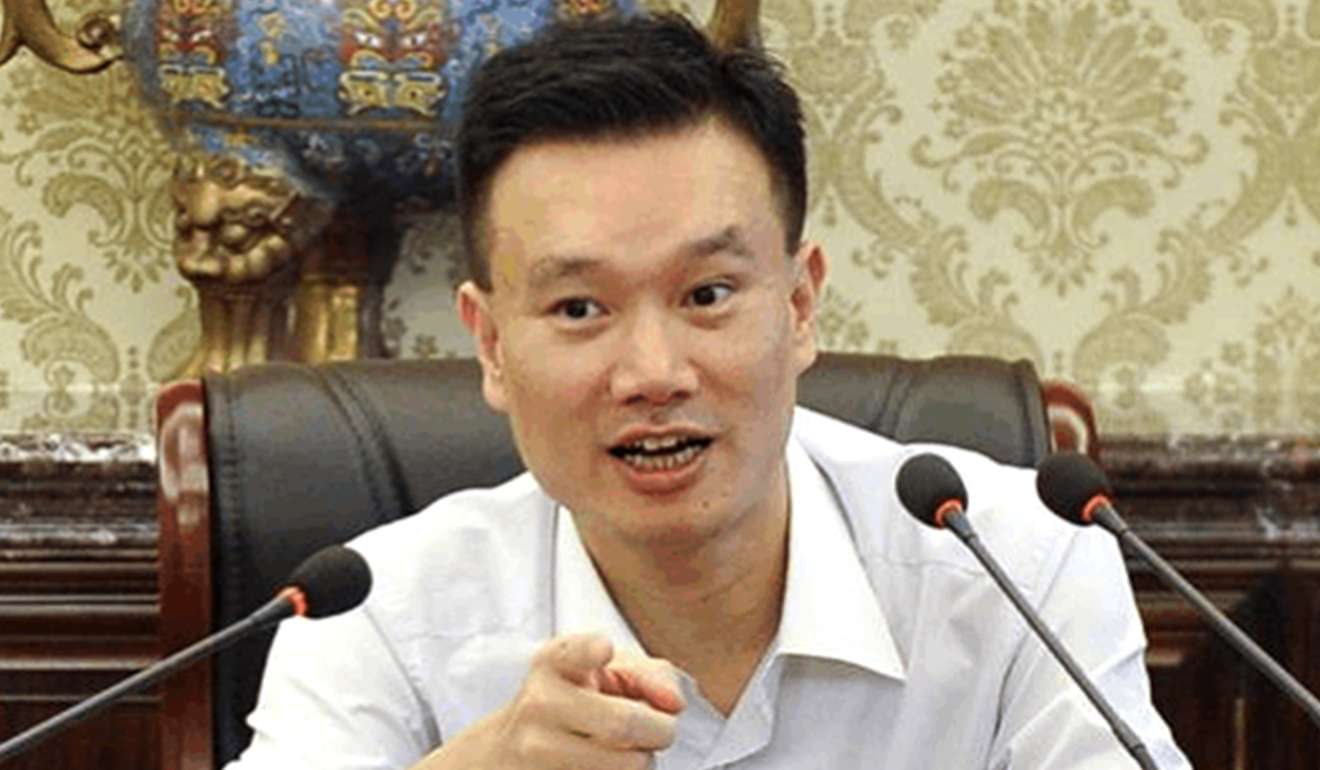
Chinese owner of Czech football club Slavia Prague confirms purchase of stadium completed
Private conglomerate CEFC China Energy is expected to spend HK$420 million on reconstruction
Mainland conglomerate CEFC China Energy, which owns one of Czech Republic’s top football clubs Slavia Prague, has confirmed that the purchase of the club’s stadium is completed.
CEFC China Energy, ranked as one of the mainland’s ten largest private companies by China Daily in 2014, will make Eden Arena in Prague the home ground of the football club.
“We are not plundering the football market or talents, but making friends and seeking mutual development,” said CEFC’s founder Ye Jianming, who is actively expanding his business overseas.

Several Chinese conglomerates have moved to invest in top overseas football clubs after President Xi Jinping showed great interest in boosting the football business in the world’s most populous country.
Five major football club deals last year involved Chinese corporations. One of the highest-profile deals involved Recon Group, owned by Chinese businessman Tony Xia Jiantong, who invested £60 million (HK$603.2 million) to acquire a 100 per cent stake in English championship club Aston Villa last May.
In 2015, Wang Jianlin, founder of real estate developer Wanda Group, bought a 20 per cent share of Spanish powerhouse Atletico Madrid for €45 million. Later that same year, a consortium led by state-backed China Media Capital took a US$400 million (HK$3.1 billion) stake in Manchester City.
But these big purchases have caused the central government to worry about capital outflow and the depreciation of the Chinese yuan. At the end of last year, the Chinese authorities said they intended to clamp down on such acquisitions, accusing domestic companies of transferring assets overseas under the cover of foreign club acquisition.

